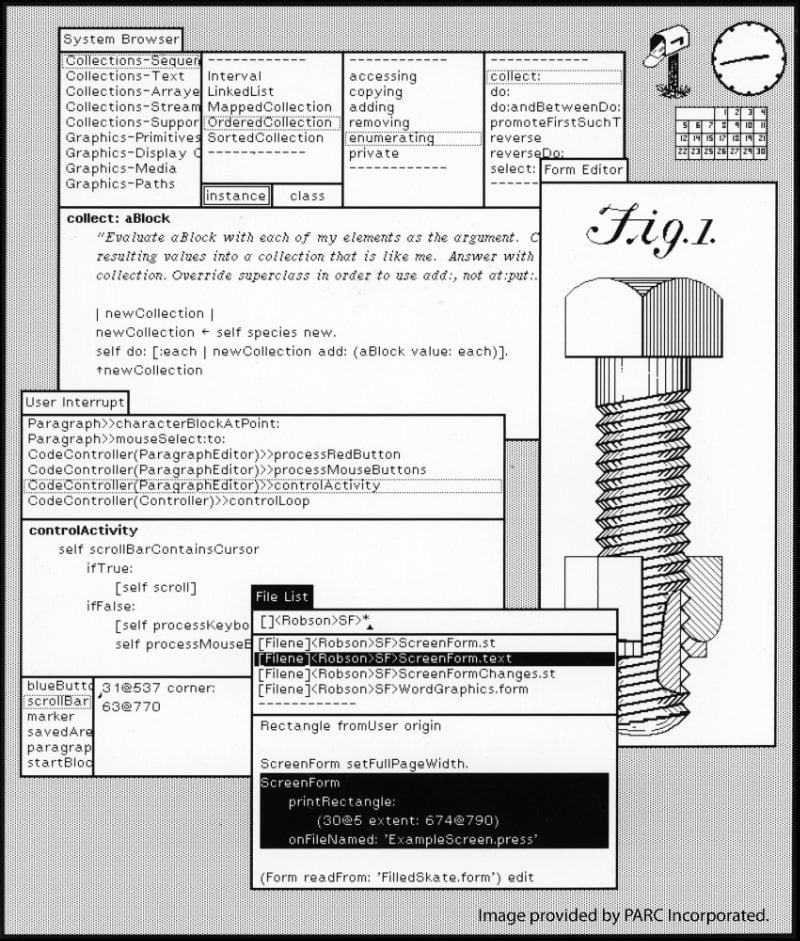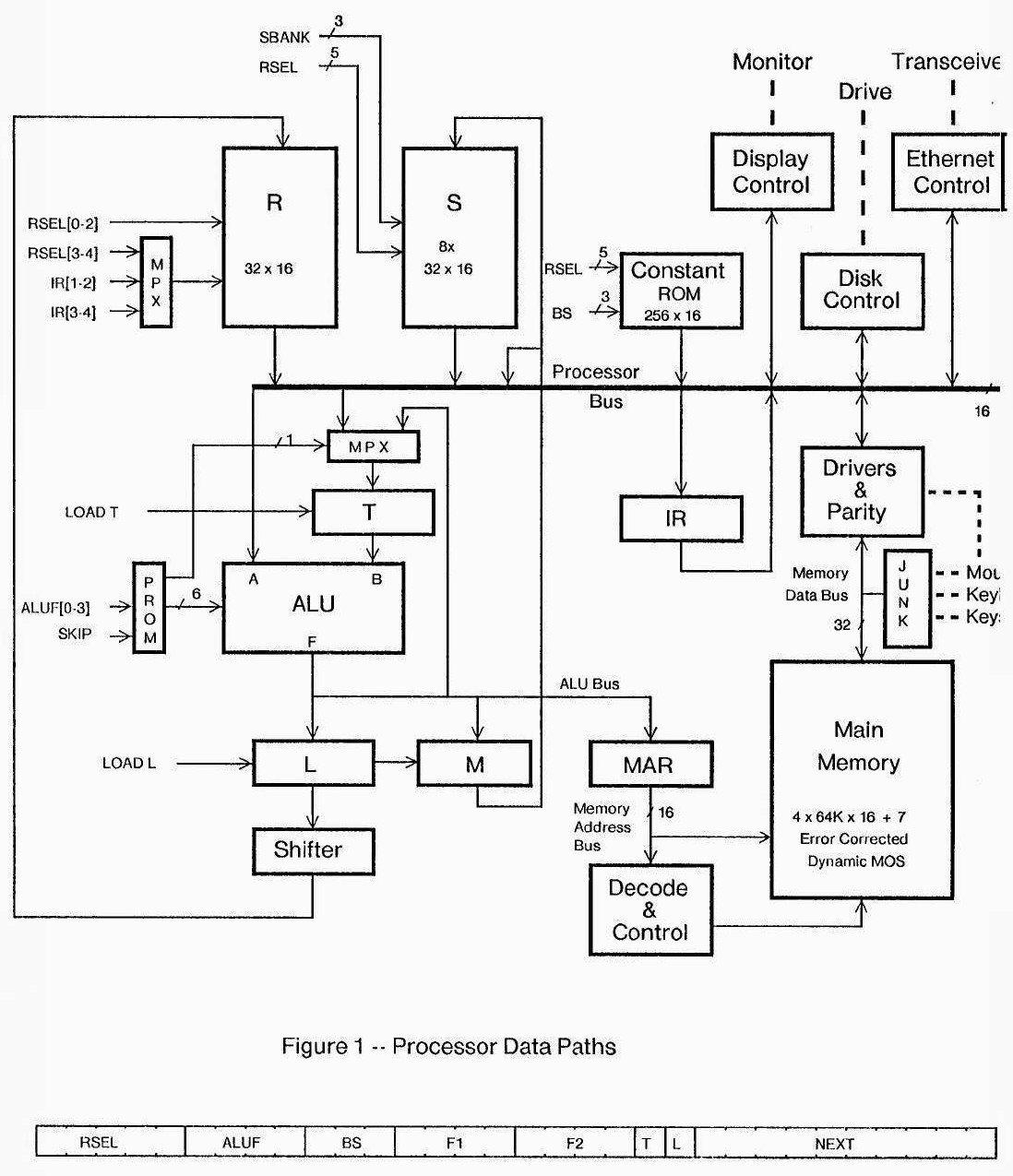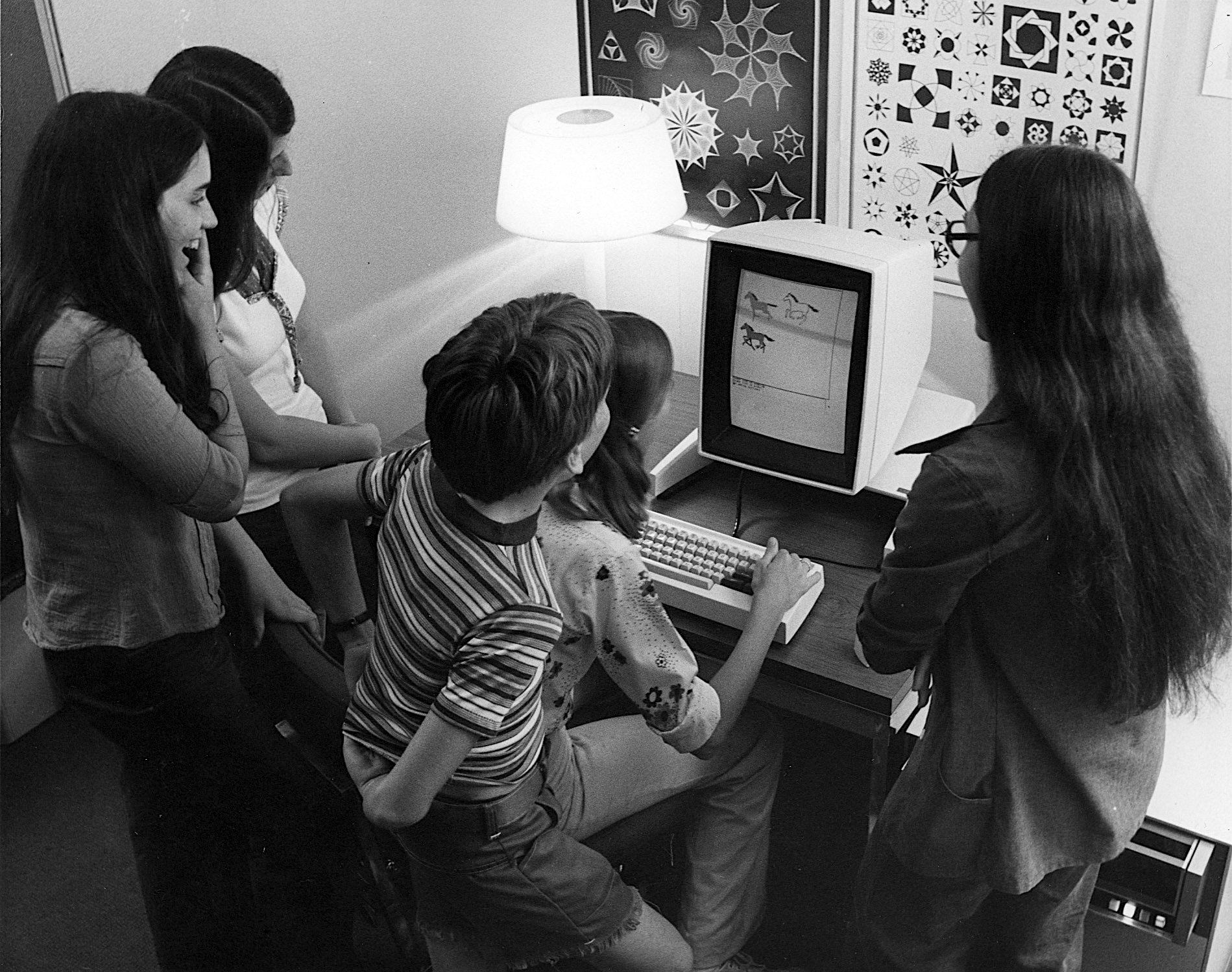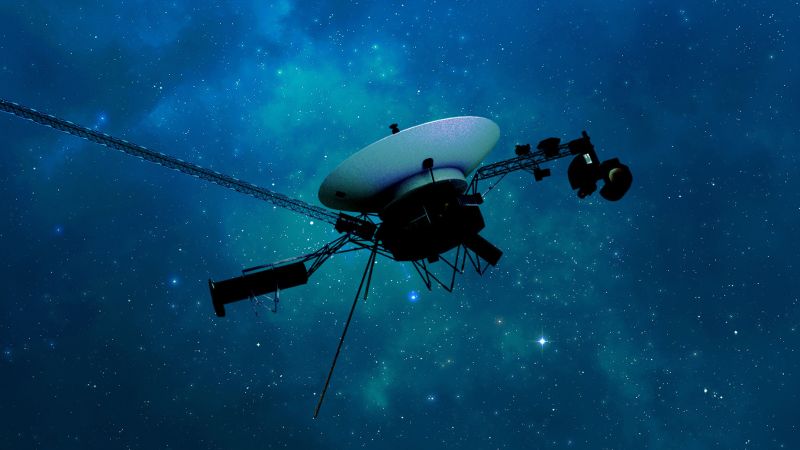- cross-posted to:
- technology@lemmit.online
- science@lemmit.online
- cross-posted to:
- technology@lemmit.online
- science@lemmit.online
Incredible! So the memory chip holding a lot of core programming was damaged or failed, so they figured out which chip it was, but then there was no single place large enough to store this vital code, so they divided it up and distributed it throughout the remaining memory and now it works.
These people are brilliant.
I really struggle to comprehend how you can debug hardware that is several light-hours away, let alone how you would proceed to split an OS (or whatever Voyager is running) into separate parts and then upload those parts to separate hunks of memory to make a functioning machine…
Also: What would they do if the code they uploaded was corrupted “in transmission”?
For most transmissions of digital information (even those here on earth) there’s a concept of a “checksum”. Basically at the end of every message, there’s a special number, and you can do some math on the rest of the message to get that same number. If anything happened to change or damage the message in transit, the math doesn’t work out and so the checksum fails.
I would assume Voyager works in a similar way so every time it receives a message it will compute the checksum and see whether it matches
But how does plated-wire memory (core memory variant) fail with age and no mechanical damage? Or is it mechanical damage, vibrations?
Edit: or radiation exposure?
It’s the void dude
Radiation damage and electrical components degrade by using them.
Maybe the ferromagnetic layer got brittle?
I wonder, they have to have simulated Voyagers that they test this on?
There’s an identical voyager here on earth built same as the launched one that they use for that purpose. They may also have simulations now, but doubtful hardware was capable enough when voyager 1 launched in 1977. This is three years before Tim Paterson and 86-DOS 0.10, and ten years before MS-DOS 3.31. Joe Biden was 35 and in his first term as Senator.
You could end nearly any historical description with the sentence, “Joe Biden was 35 and in his first term as Senator.”
Not to be that guy, but there was in fact only one year that Joe Biden was 35
Not to be that guy, but there were in fact 2 years in which Joe Biden was 35 unless he was born on January first, which he was not.
The cumulative time that Joe Biden was 35 was only a year long
Unfortunately this is no longer true. Matsumoto’s paper, “Voyager Interstellar Mission: Challenges of Flying a Very Old Spacecraft on a Very Long Mission” notes that the full suite of system simulators were not retained beyond the prime mission due to reliability problems, loss of expertise, and a move. This makes the team’s recent achievements even more impressive.
Meanwhile at Xerox:



“Be sure to drink your Ovaltine”
hey sorry, just needed some “me” time. wasn’t mad at you fam. anyway, back on my bullshit.
With our currently more advanced technology, could we built another Voyager project but with much higher speed that can catch up to Voyager 1 and surpass it? Or perhaps capture Voyager 1 and pushing it along?
The propulsion technology in itself hasn’t changed much, so it is not like you put a new engine and suddenly it is 3x faster. The problem is not technology, it is money. almost all the speed comes from gravity assists (get close to a moon/planet and let it accelerate you as you get closer), so to squeeze extra, you need to pass closer to more planets, which requires more fuel for the adjustments. More fuel means the probe is heavier, harder to build, etc. Maybe miniaturization of other parts makes up for that extra weight, but still, to catch up with Voyager would take decades





